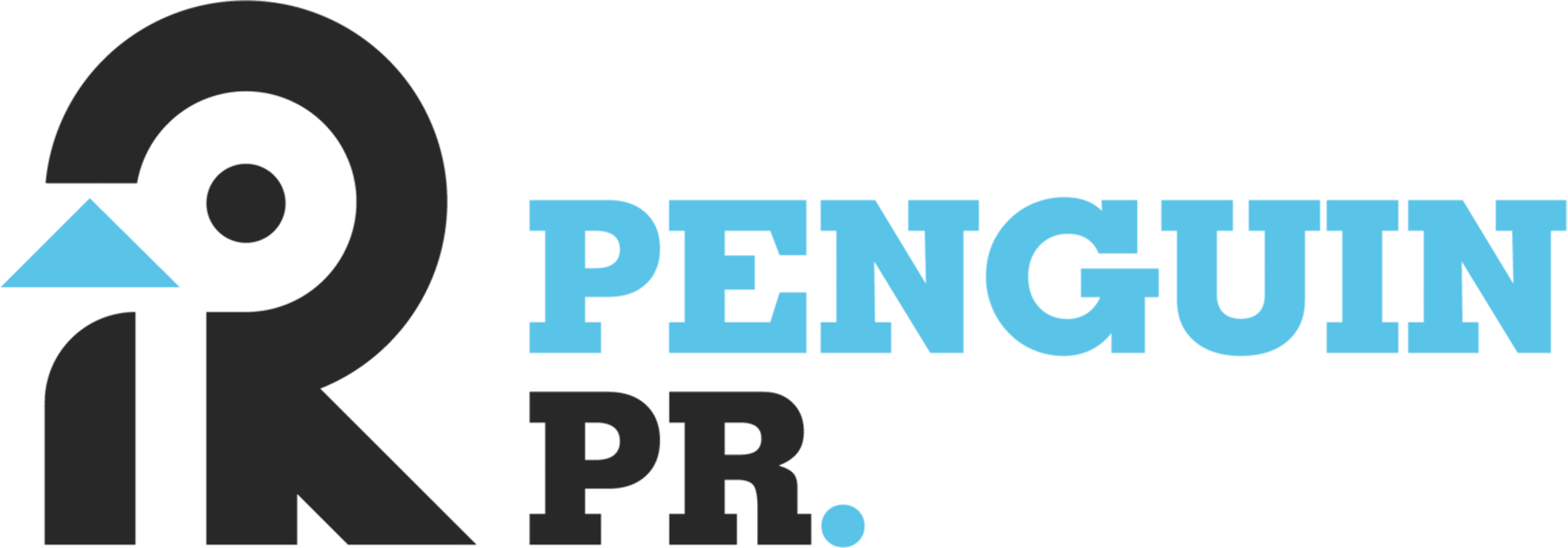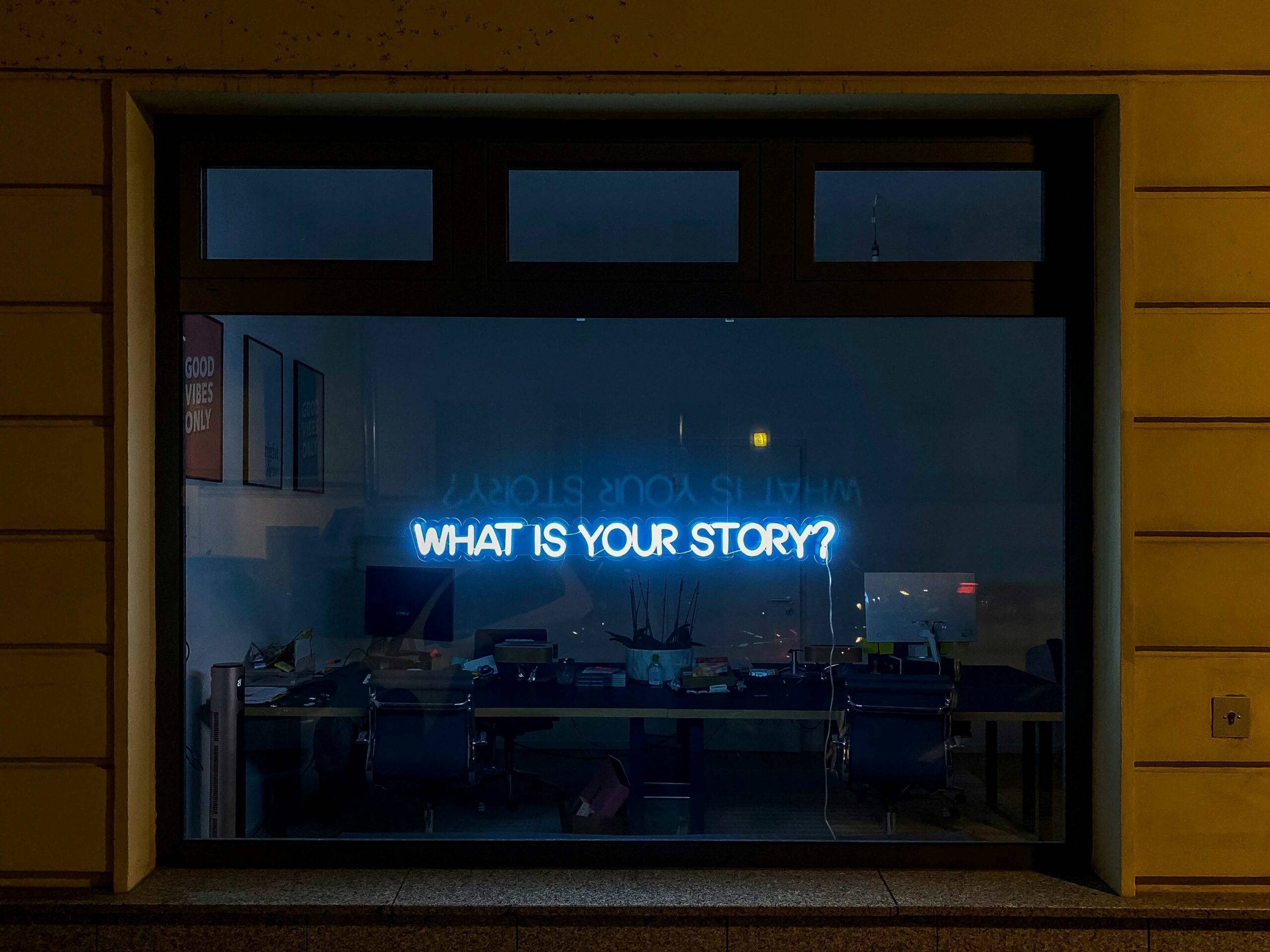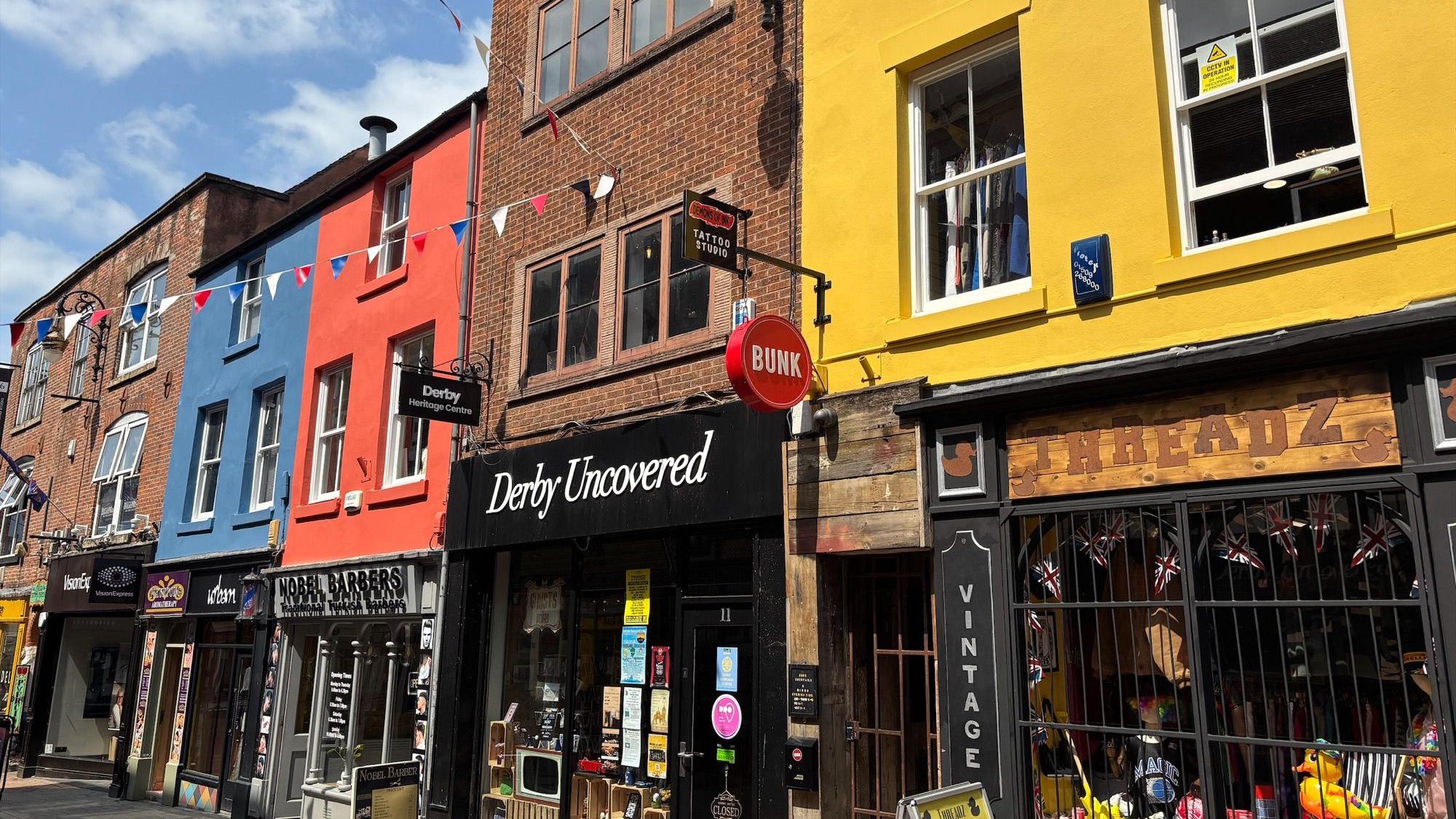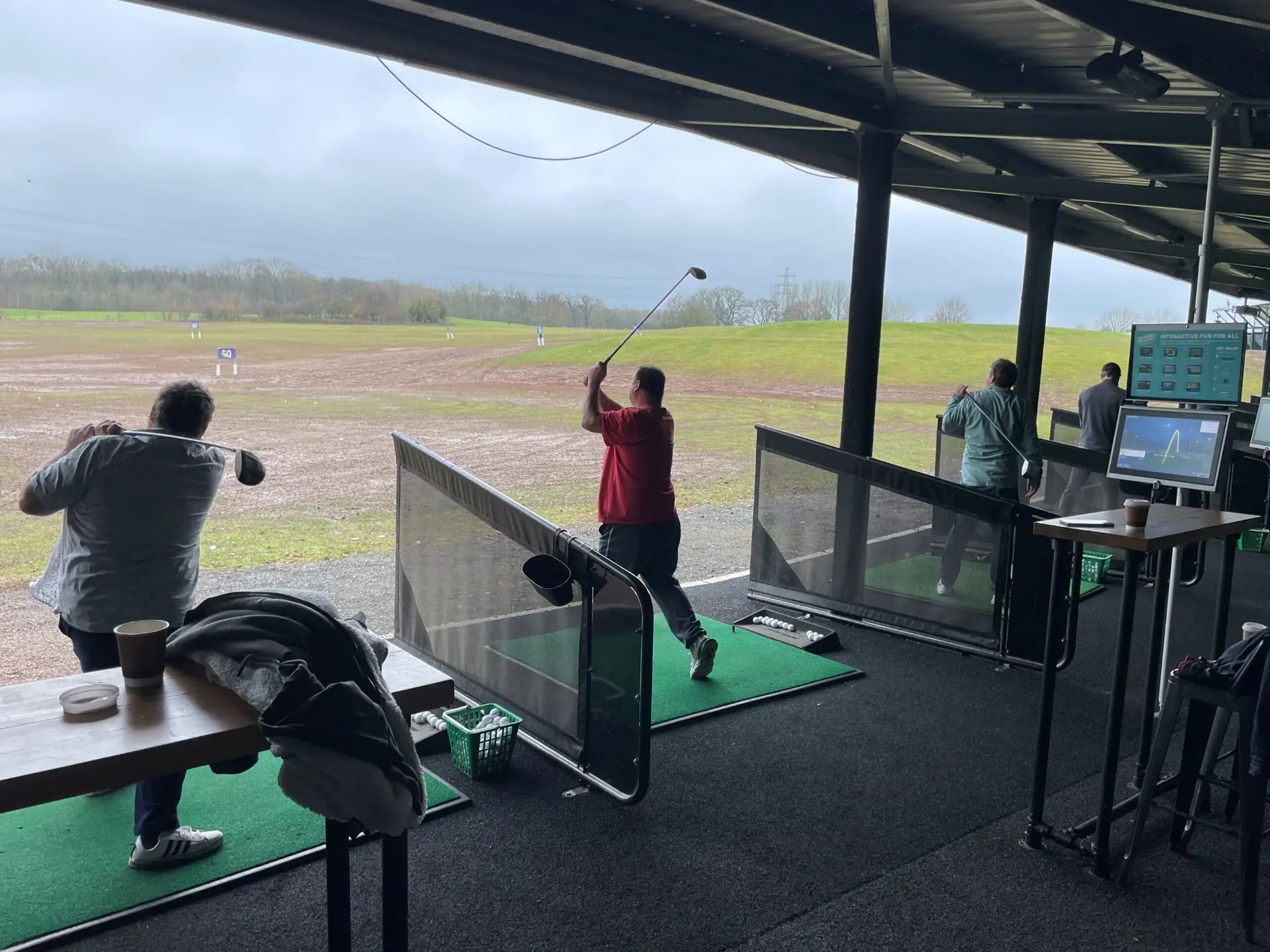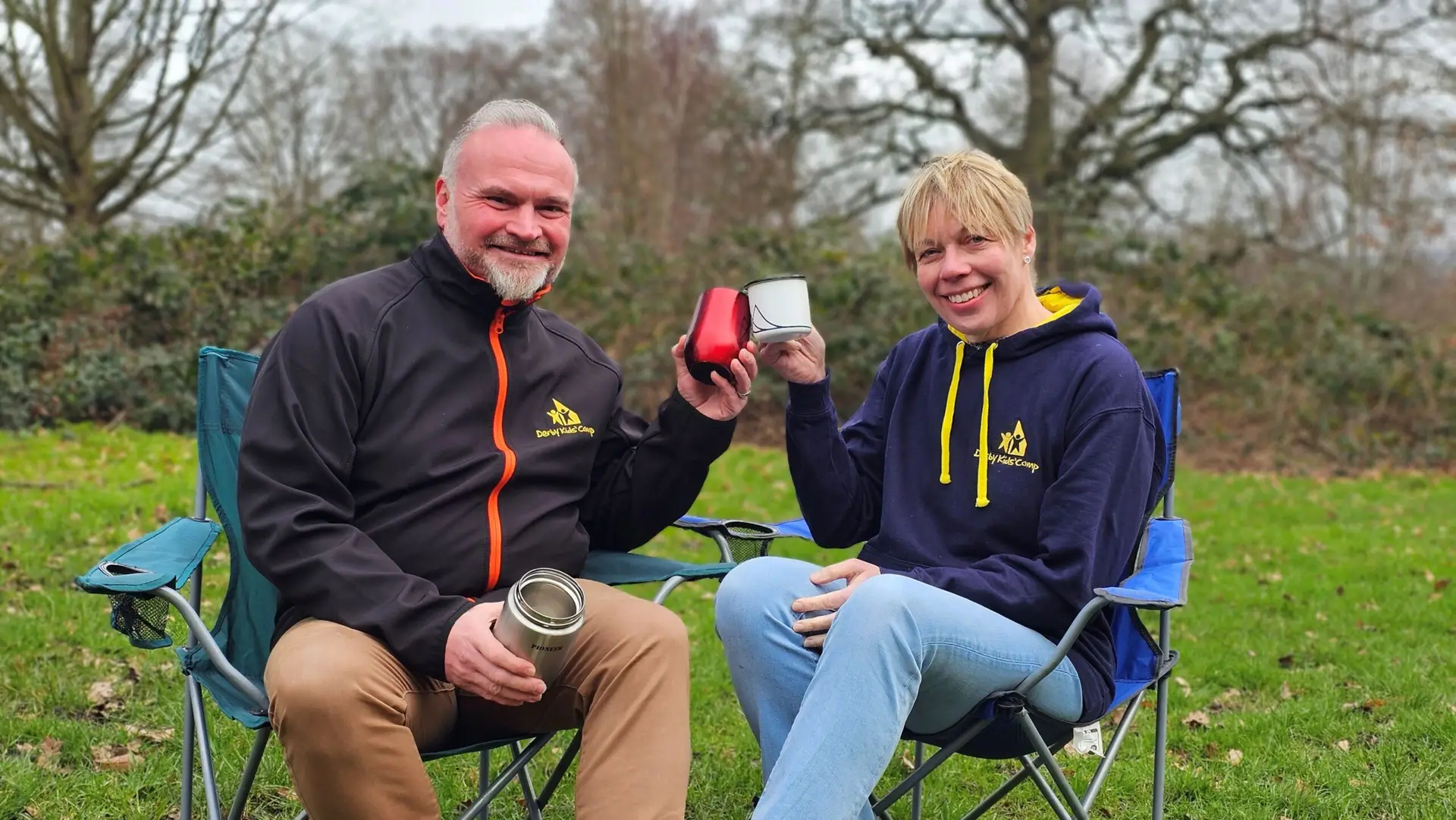By Simon Burch

Call me naïve, but I would never have imagined there would be many, if any, people objecting to the UK’s Online Safety Act, writes Simon Burch.
It is, after all, being brought in to protect young people from being fed a diet of unsuitable content and is designed to hold internet companies accountable for harmful content on their platform.
About time, as far as I’m concerned, because I hope that it will go further and act as a bit of a wake-up call, by changing the way we all use the internet and altering the culture that exists online, which I believe could protect everybody.
But judging by the recent spat among politicians, there are many who don’t agree with it and the power it gives Ofcom to impose fines on tech companies if they don’t remove harmful content such as suicide, self-harm and child abuse, or verify users’ age for adult material – a ruling which came in last month.
It also means that executives can face criminal charges in extreme cases and can enforce content blocks at ISP-level.
It puts the UK at the forefront of responsible internet use, and this to me sounds like something we should celebrate. Especially since much of the impetus for the Act came from the lobbying of Ian Russell, whose daughter, Molly, took her own life after watching hours of hours of suicide videos in 2014.
But apparently the death of a 14-year-old girl hooked on a diet of free suicide videos and the agony of her parents isn’t enough.
According to its critics cracking down on unsuitable content and making it harder for people to spread hate speech online could infringe people’s freedom of speech, could put too much power in the hands of the wrong people and could lead to government censorship.
And, they add, the need for people to verify their age for pornography sites, as well as gambling and social networks, could lead to a data-leak that could lead to people’s details and identities being exposed.
Yes, it could. The Act is certainly not perfect and, like any far-reaching piece of legislation, it will inevitably have a few downsides.
But it’s a funny world where the rights of children to go online safely are out-voted by the rights of grown-ups to look at videos of people having sex, to have a flutter on a football match and to spend their evenings haranguing strangers or trying to incite racist hatred online.
And lest we forget, the internet has gifted us Andrew Tate, Bonnie Blue, anti-vaxxers, a mental health crisis and a situation whereby people’s precious time on earth is being spent mindlessly scrolling through endless videos of really nothing much at all.
I’m not anti the internet. Despite its issues, it has made modern life so much easier and has transformed communication.
But in the vernacular of the day, perhaps it’s time we “had a conversation” about the internet and used the introduction of the Act to re-assess the role it plays in all of our lives.
Because the thing about the internet – and yes, it’s a cliché – is that it holds a mirror up to humanity and shows it what it’s really like. And recently, it’s not looking too pretty.
The biggest problem with the internet isn’t the internet itself, but the ease with which we can access it and now we just can’t live without it. It’s with us everywhere we go.
This is dangerous, because the internet has its own culture which is at odds with real life. In real life, there are rules and social conventions which given the way we all get on with one another and keep us safe.
Online, there aren’t. You can say what you want, buy what you want, watch what you want and nobody can stop you. In fact, Big Tech and its algorithms positively encourage you to lose yourself, with the promise that online you are free in a way you aren’t IRL.
Everything has been made quicker, easier and simpler, on a platform that we’ve been told is the pinnacle of technological progress and the ultimate in human empowerment.
So here, watch this, and buy that. You’re worth it, and no-one can stop you, or has the right to judge you. And all your friends are doing it, so why aren’t you?
This was all fun in the early days, but life online is now having real-life consequences. Some of the content people are sharing and viewing is vile and, even in a free world, no good for anybody.
Addictions are ruining lives, and, far from being free, people are now feeling trapped, spending too much time online, watching ever-more extreme and corrupting material and being fed a diet of consumerist messages telling them to buy stuff they really don’t need.
So this is why I have hopes for the Act, because it is a public statement that all this is not OK. That the freedom it brings should come with responsibility – and that means us all, because we helped create the internet and the way in which we use it is shaping its direction. It could well change things in the way the smoking ban changed our attitudes to lighting up.
Back then, just like now, there were plenty of people at the time who protested that it too was a step too far, but boy, did it work. The habit became more taboo, so more smokers took control, and quit.
And, years later, no-one can believe there was ever a time when people could smoke at their desk at work, or smoke on a plane, and how, even as a non-smoker, when you went for a night out you’d come home smelling like an ashtray.
Maybe one day we’ll look back at the way the internet is impacting on our lives and chuckle at how daft we all were for letting it happen.
Because the internet, the mirror to ourselves, has been allowed to grow and develop on our watch – and it’s up to us to do something about it, for all our sakes.

